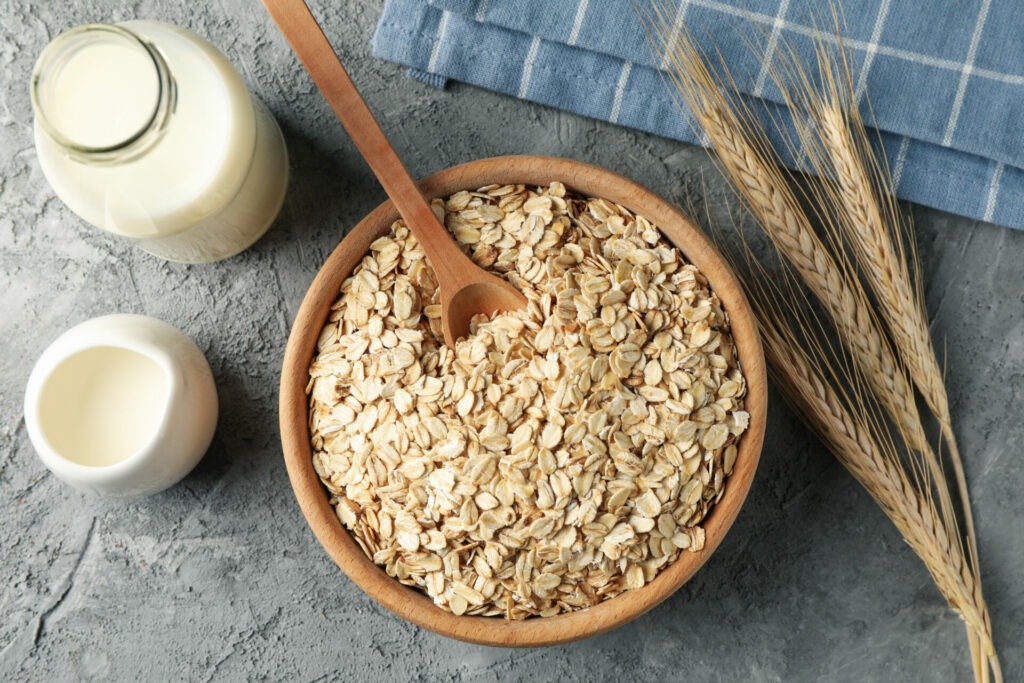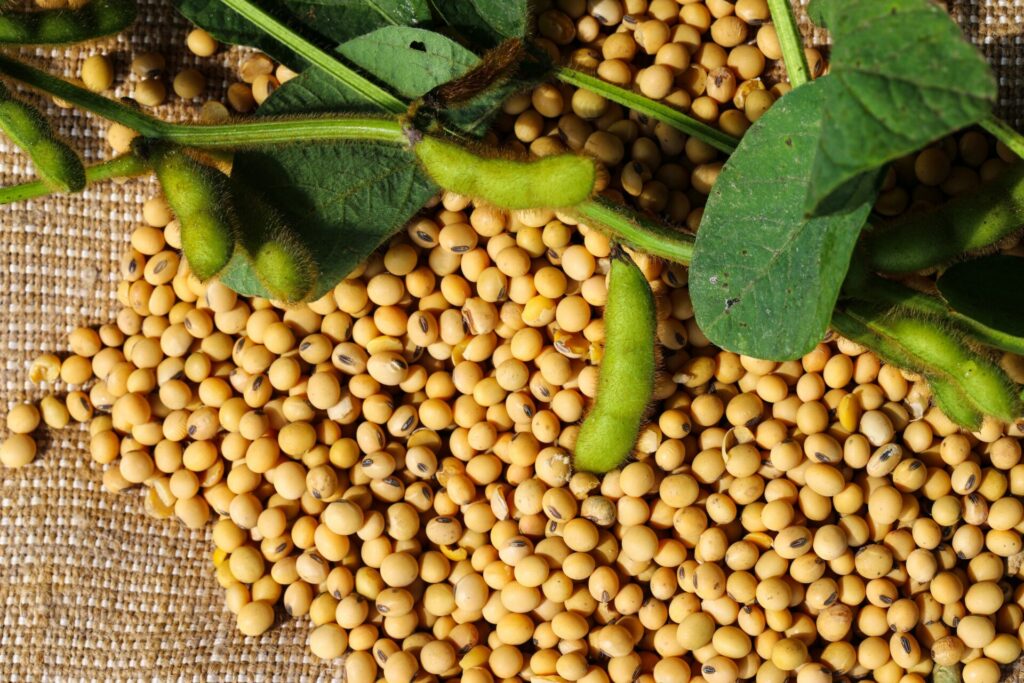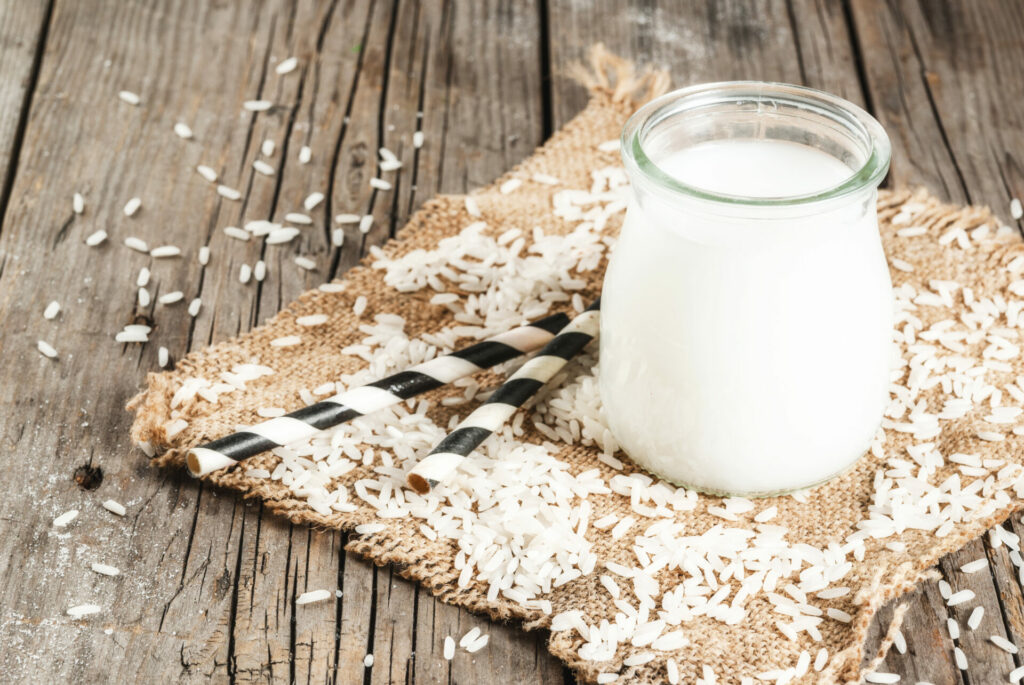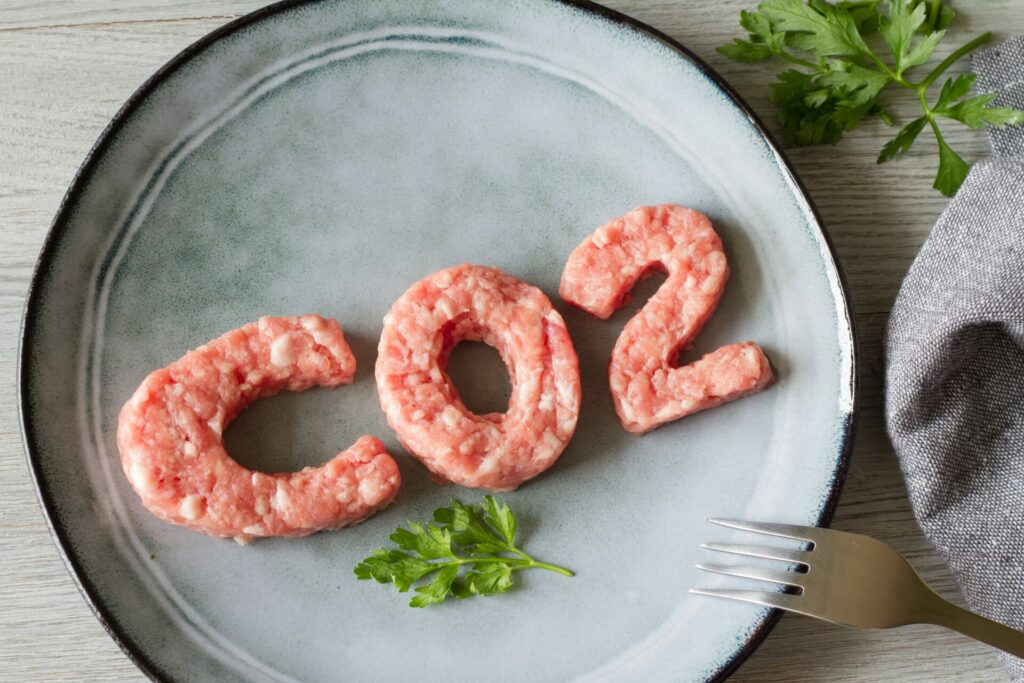When it comes to plant-based milks, the choices are now extensive. From oat and almond to soy, rice and coconut to lesser frequently seen varieties such as pea milk, hemp milk and wheat milk, there’s plenty out there to try. And with an increasing amount of people turning to veganism, as well as estimated 75 percent of the world’s population being lactose intolerant, the demand for plant-based milk is strong.
Global research from Strategic Market Research at the end of 2022 suggests that plant-based milk is the largest plant-based category, with a predicted growth of 15.5 percent annually until 2029. Currently the value of plant-based milks is nearly US$35billion, with this value estimated to rise to US$123billion by 2030.
The UAE is no exception to this global trend with an increasing amount of places stocking a wide range of varieties and brands – whether it’s supermarkets or coffee shops and restaurants.
Koita, a UAE-company that sells a range of plant-based milks in eco-friendly packaging, has seen a shift in demand for non-dairy milk since setting up in 2016.
‘All sectors of our milk ranges have grown, but plant-based milks have a higher compound annual growth rate,’ founder, Mustafa Koita, tells The Ethicalist.
Dairy milk needs 20 times more water, ten times more land and emits three times more greenhouse emissions than plant-based milks.
‘Reasons for this growth include personal beliefs, dairy intolerances and supply chain issues – with plant-based milks having a higher shelf life. Right now, almond and oat both seem to be the category leaders followed by coconut. However, the plant-based milk category consumer is much more experimental than traditional dairy buyers so this can change.’
And there’s good reason for this shift in mindset. All plant-based milks are better for the environment than dairy – using less land space, water and emitting less greenhouses gases, too. Dairy milk needs 20 times more water, ten times more land and emits three times more greenhouse emissions than plant-based milks.
But while all plant-based milks have a lower carbon footprint than dairy, which plant-based milks are actually best for the environment? When it comes to stats there’s no clear winner, though all have different benefits.
Almond

Almond milk is one of the most popular plant-based milks globally, thanks to its mild, nutty taste, being low in saturated fat and lactose-free. It’s also full of vitamins A, E and D, as well as being high in calcium, magnesium and a good source of monounsaturated fats.
For those focused on lowering greenhouse gases, almond milk is one of the best. It has the lowest greenhouse gas emissions of all the plant-based milks, at 0.7kg per litre of milk. It is also second best in terms of land use. However, there is some debate over how good almond milk is for the planet, due to its huge water needs. Almond trees have the biggest freshwater use after dairy with a recent study estimating the total water footprint for one almond is on average 128 litres. Meanwhile, up to 80 percent of almond milk is made in California so its transportation comes with an increased carbon footprint.
Oat

Oat milk is high in minerals and fibre, is low in sugar and easy to digest and is an increasingly popular choice with plant-based consumers. And in even better news, oat milk has one of the lowest carbon footprints overall. Oat milk is the second lowest for greenhouse emissions after almond milk, as it produces low amounts of carbon dioxide and no methane, and needs a low amount of water.
Oat milk has the second highest land use at 0.76m2 – though still considerably less than 8.95m2 that dairy requires, and not a huge amount more than the 0.34m2 that rice needs, as the lowest of the milks. It also needs less freshwater use – it uses one eighth of the water almond milk needs. However, pesticides and fertilisers are often used in the growing process.
Coconut

Coconut milk is a richer milk that is higher in saturated fat but is also high in potassium and is a good source of both fibre and iron. Coconut milk has a medium carbon and water footprint – requiring 2.1kg of CO2 and 2.687 litres of water for each kilogram produced.
This plant-based milk is mostly produced in Southeast Asia, so depending on where it’s being consumed, the travel time and carbon emissions can be higher. Coconut doesn’t have a massive impact on land or soil, it’s mostly harvested by hand (it’s recommended to check whether the milk being bought is fair trade) and it doesn’t require pesticides or chemicals.
Soy

Soy milk is the classic milk alternative, and a leader across the world in terms of popularity, frequently found in cafés and supermarkets globally. It is high in calcium and potassium and contains vitamins A, B-12 and D. Soy requires less freshwater than other plant-based milks. Plus legumes, including the soybean, replenish the nitrogen content of the soil in which they are grown.
However, soy ranks higher on greenhouse gas emissions . One reason for that is that soy is often grown large scale and used to feed animals, leading to gas emissions, and soybeans are often cited in the cause of deforestation of the Amazon rainforest.
Rice

Rice milk made with brown rice and syrup and is less nutritious than other plant-based milks. Of all the plant-based milks, rice milk produces the most greenhouse gas emissions (at 1.18kg per litre), it’s also higher than both oat and soy in terms of freshwater use. However, it is considerably the lowest for land use. Rice milk is a heavy carbon emitter due to methane produced by bacterial growth and fertilisers.









